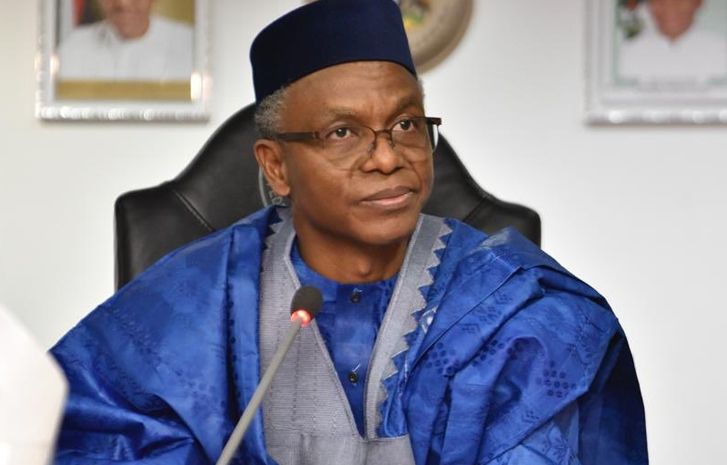A prominent chieftain of the All Progressives Congress (APC) in Kaduna State, Mallam Suleiman Salisu, has broken his silence on the conduct of the former political officeholders who, after allegedly underperforming while in power, now openly criticise the current administration.
Salisu, who spoke with Daily Post in Kaduna, accused the immediate past governor of the state, Nasir El-Rufai, of double standards and political hypocrisy.
He condemned El-Rufai’s attempts to absolve himself of blame for the “Deep divisions and insecurity” that plagued Kaduna during his eight-year tenure as governor.
The APC chieftain further alleged that during El-Rufai’s administration, cases of kidnapping and insecurity surged across the state.
He said, “Does it mean Nigerians have forgotten in a hurry what the immediate past governor did?” Salisu asked rhetorically. Go to the southern part of Kaduna metropolis, largely dominated by Christians.
“El-Rufai did virtually nothing in terms of infrastructure, road construction, or social amenities. It was as though those citizens didn’t exist.”
READ ALSO:
“From Birnin Gwari to Kafanchan, Zangon Kataf to Abuja road, Nigerians were being killed or abducted daily. What solutions did he provide for the people in Atyap Chiefdom or elsewhere?” he queried.
Expressing frustration at El-Rufai’s recent media engagements, the APC chieftain accused the former governor of trying to reinvent his political image by speaking against the very administration he helped shape.
“Today, El-Rufai moves around speaking like a saint, as though he had no hand in the current state of affairs. Nigerians must ask: what solutions does he truly offer now?”
Salisu urged Nigerians to reject self-serving politicians and focus on identifying visionary leaders capable of steering the country out of what he described as a “national quagmire.”
“It’s time Nigerians wake up and choose leaders who are genuinely committed to national development, not those who sow disunity and return only to criticise after leaving office with no tangible legacy,” he concluded.















